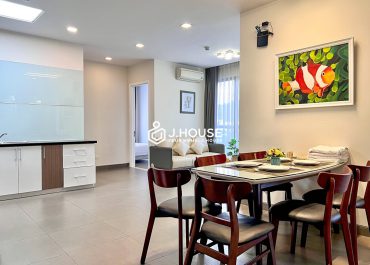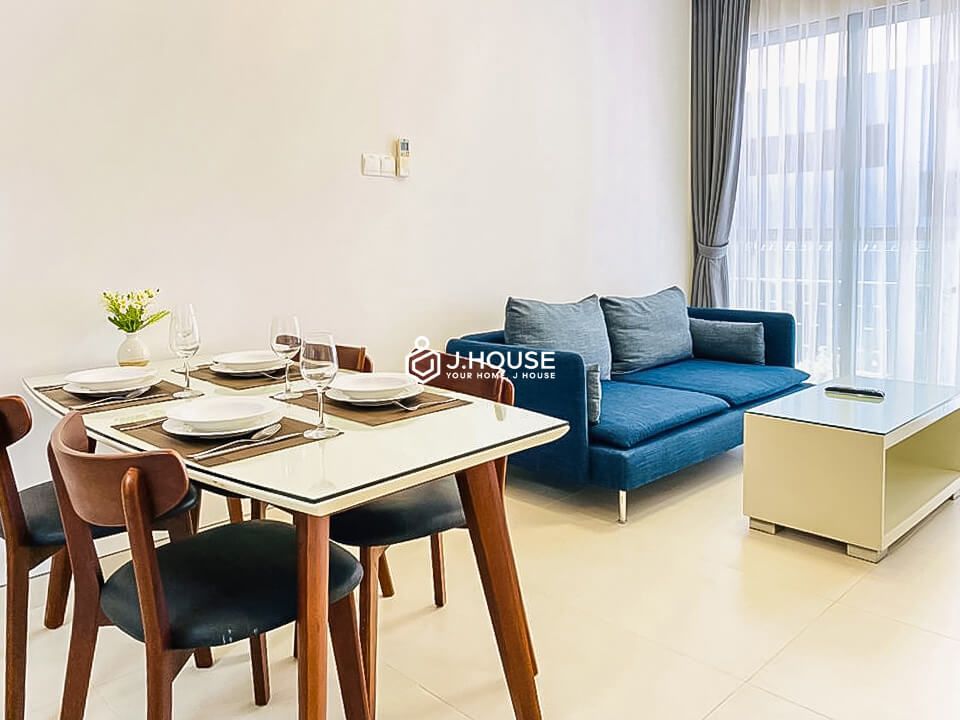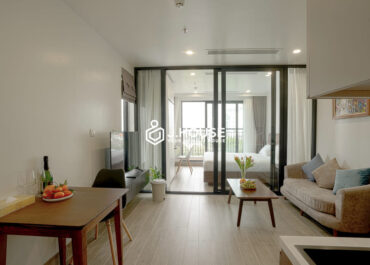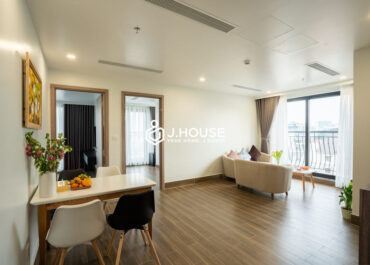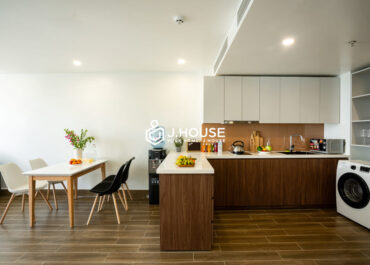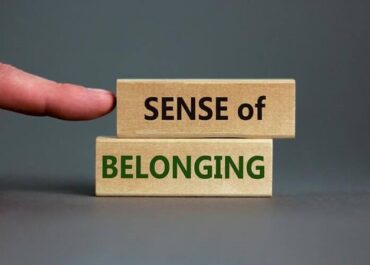Latest Properties
Living with Pets in Vietnam: A Complete Guide for Expats & Locals
Pet-Friendly Rentals in Vietnam: Tips, Costs & Living Guide
Living with pets in Vietnam isn’t just about companionship — it’s about finding a home that truly welcomes both you and your furry friend. From choosing the right rental and negotiating with landlords to handling hidden costs, healthcare, and community life, this complete guide reveals what it really takes to thrive with pets in Vietnam.

Whether you’re a local exploring better housing choices or an expat navigating new cultural norms, the path to a pet-friendly life begins here. Think of this as your one-stop handbook — blending practical advice, insider tips, and real stories — to help you and your pets feel at home, no matter where you live in Vietnam.
Why Pet-Friendly Rentals Matter in Vietnam
Pet-Friendly Rentals in Vietnam are more than a trend — they’ve become a necessity for many. Renting with pets can be joyful, but challenges arise when landlords worry about noise, property damage, or neighbor complaints. This often makes the search frustrating, especially in big cities like Ho Chi Minh City, Hanoi, and Da Nang, where demand for pet-friendly homes is rapidly growing.
A truly pet-friendly rental goes beyond “allowing pets.” It gives you peace of mind, ensures your lease matches your lifestyle, and helps you avoid hidden costs or sudden eviction risks. Most importantly, it allows you and your pets to settle into a stable, welcoming environment — the foundation of a happier long-term life in Vietnam.
Read more: Pet-Friendly Apartments in HCMC: What You Need to Know
Finding Pet-Friendly Rentals: Where to Start
For anyone interested in living with Pets in Vietnam, the rental journey often feels tricky. Listings can be unclear, landlords may hesitate, and suitable neighborhoods vary widely. A smart approach saves time, avoids disappointment, and ensures both you and your pet feel at home.
1. Search Smart
The first step in renting with pets is knowing where to look.
- Use trusted agencies like JHouse, where listings are transparent about pet rules and lease conditions.

- Prioritize serviced apartments or modern condos — these properties are usually more flexible than traditional townhouses.
- Tap into community knowledge: expat Facebook groups and housing forums often share first-hand rental experiences faster than formal channels.
2. Choose the Right District
Location matters when living with pets in Vietnam, as not every district offers the same comfort and amenities.
- Ho Chi Minh City: Thao Dien (District 2) and District 7 stand out for their green spaces, expat landlords, and easy access to pet services.
- Hanoi: Tay Ho is favored for wide sidewalks, lakeside walking routes, and international vet clinics.
- Da Nang: An Thuong offers a relaxed beachside lifestyle with cafés and rentals that welcome pets.
By starting smart and choosing the right district, you’ll not only secure a pet-friendly rental but also create the foundation for a smoother, happier life in Vietnam.
Read more: Top Pet-Friendly Districts in HCMC for Long-Term Renters
Negotiating with Landlords When Renting with Pets
In Vietnam, renting with pets can test the relationship between the tenant and landlord. Some tenants choose to hide their pets, but this often backfires — leading to disputes, fines, or even sudden eviction. A better strategy is to be transparent from the start and build trust.
- Mention your pet early: introduce them as part of your lifestyle, not a hidden problem.
- Offer a higher deposit: this shows responsibility and helps cover potential wear or damage.
- Provide proof of care: references from past landlords or records of vet visits highlight that your pet is healthy and well-behaved.
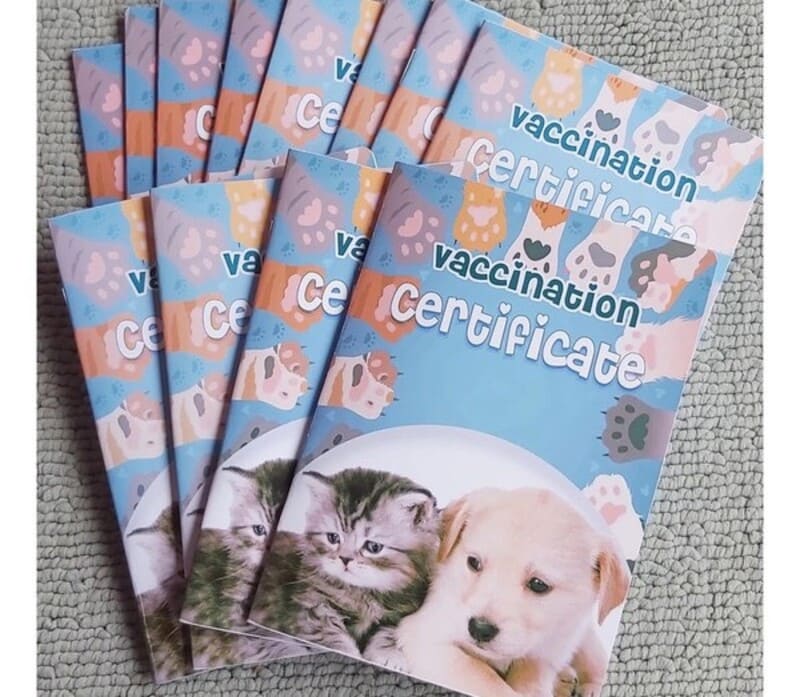
By approaching the conversation openly and proactively, you shift hesitation into confidence. Landlords are far more likely to agree when they see you as a reliable, prepared tenant — and that trust forms the basis for a stable, long-term pet-friendly rental in Vietnam.
Read more: How to Negotiate with Landlords When Renting with Pets in Vietnam
Cost of Living with Pets in Vietnam
When calculating the cost of living for pet owners in Vietnam, many overlook furry companions until unexpected bills appear. Pets require not only affection but consistent budgeting to stay healthy.
Typical monthly costs (for cats or small dogs) include:
- Food ($20–$50): premium or imported brands raise expenses.
- Routine care ($15–$40): grooming, vaccinations, deworming, and preventing bigger medical issues.
- Pet-friendly housing premium ($20–$100): extra rent or deposits are common.
- Emergency veterinary fund ($200–$300 annually): a buffer avoids financial strain during health emergencies.
For international students or young expats, shared apartments and budget housing in HCMC rarely allow pets, so planning ahead is essential. For long-term residents, balancing pet costs with rent and utilities ensures stability and quality of life.
Read more: Hidden Costs of Renting with Pets: Deposits, Cleaning & Repairs
Types of Housing Suitable for Pet Owners
Finding pet-friendly housing in Vietnam depends on both your lifestyle and your pet’s needs. Each option comes with unique trade-offs:
- Serviced Apartments – Fully furnished and convenient for newcomers, but some buildings limit pets to small breeds or set higher deposits.
- Condos – Modern, secure, and often pet-friendly for cats or small dogs; shared facilities like gardens or walking areas add comfort.
- Villas & Townhouses – Spacious, private, and ideal for families with larger pets. Outdoor areas provide freedom, though maintenance and rent are higher.
- Shared Housing – The most budget-friendly choice, but always confirm pet rules with both the landlord and housemates to avoid conflicts.

Whether you’re an expat in Ho Chi Minh City or a local in Hanoi, the best housing option is the one that balances comfort, affordability, and your pet’s well-being. Choosing wisely saves stress — and makes daily life smoother for both you and your companion.
Healthcare, Insurance & Daily Care for Pets
Good pet healthcare in Vietnam is as essential as choosing the right apartment. From vet visits to grooming and insurance, proactive care keeps your furry friend healthy — and gives you peace of mind.
1. Veterinary Clinics
Major cities like Ho Chi Minh City, Hanoi, and Da Nang now host 24/7 veterinary clinics with English-speaking staff. Popular names include Saigon Pet Hospital in HCMC, Da Nang, Da Lat, and Happy Pet Clinic in Hanoi. Keep their hotlines saved — emergencies rarely wait.
2. Pet Insurance
Though still new in Vietnam, pet insurance for expats and locals is expanding. Plans typically cover accidents, illnesses, vaccinations, and in some cases, third-party liability (e.g., if your dog damages property). Having a policy helps avoid sudden financial stress and ensures consistent treatment.
3. Grooming & Amenities
Urban areas are seeing a rise in pet grooming services, spas, and daycare centers. HCMC’s Thao Dien and Hanoi’s Tay Ho even offer pet-friendly cafés and parks where animals can socialize. Monthly grooming costs range from $15–$40, depending on size and breed.

Together, these services form the backbone of daily care — making life with pets in Vietnam not just possible, but enjoyable.
Read more: Pet Amenities in Vietnam: Grooming, Parks & Veterinary Clinics
Pet Relocation to Vietnam
Relocating with pets is exciting but can be stressful — Vietnam’s import rules are strict, and missing a step may lead to quarantine or denial of entry.
Before flying, prepare three essentials:
- Import Permit from the Ministry of Agriculture (apply early; approval takes 5–7 days).
- Vaccination Records, especially rabies (within 12 months and at least 30 days before travel).
- Health Certificate issued by an authorized vet in your home country, usually 7–10 days before departure.
Airlines may also have breed or crate rules, so confirm in advance. Many expats hire licensed pet relocation services to manage paperwork and logistics — a helpful but optional shortcut.
With the right preparation, your pet’s move to Vietnam can be smooth, safe, and stress-free.
Read more: Moving to Vietnam with Pets: Entry Rules & Required Documents
Choosing the Right Pets for Apartment Living
City apartments can be comfortable for pets, but not every animal adapts well to smaller spaces. In Vietnam, expats often choose:
- Small dogs like Poodles or Corgis, active yet manageable indoors.
- Cats, especially indoor breeds, enjoy calm, cozy corners.
- Hamsters or rabbits, great for compact living with simple care needs.
- Fish or reptiles, ideal for those with limited floor space.

Whatever your choice, remember Vietnam’s hot, humid climate: ensure proper ventilation, fresh water, and cool resting spots. A thoughtful match between pet and environment makes apartment living happier for both owner and companion.
Read more: Best Pets for Apartment Living in Vietnam
Daily Life & Pet Etiquette
Living with pets in Vietnam means more than finding the right rental — it’s about routines that protect both your companion’s health and harmony with neighbors. Apartment living involves shared walls, hallways, and common areas, so respectful habits are essential.
Key tips for daily life and pet etiquette:
- Adapt to the climate: Walk dogs early morning or late evening to avoid heatstroke. Provide fresh water and shaded rest areas. Long-haired pets benefit from grooming; small pets like rabbits or hamsters need ventilated cages.
- Maintain harmony with neighbors: Walk dogs regularly to prevent noise, clean up promptly in shared spaces, and leash pets in hallways and elevators.
- Consistency matters: Adapting routines to Vietnam’s hot, humid climate while following good etiquette prevents illness, discomfort, and complaints.
Practicing thoughtful care and etiquette keeps pets healthy and builds a reputation as a responsible neighbor, fostering a stress-free environment for everyone.
Read more: Pet Etiquette in Apartment Living: Keeping Peace with Neighbors
Community and Social Life with Pets in Vietnam
Living with pets in Vietnam isn’t just about housing — it’s about connection. Pets often become a bridge to friendships, whether through dog-walking groups in parks, weekend meet-ups at pet cafés, or online communities like Dog Lovers Ho Chi Minh City. You can also join adoption fairs, volunteer at animal rescue centers, or take part in charity events supporting strays.
These activities create more than playdates for your furry friend — they help you build a sense of belonging, turning pet ownership into a shared joy within Vietnam’s growing pet-friendly community.

Read more: Expat Stories: Living with Pets in HCMC Apartments
Challenges of Living with Pets in Vietnam
Living with pets in Vietnam offers joy, but it also comes with unique challenges. Finding pet-friendly housing can be tricky, as not all landlords accept animals, and rental options with outdoor access are limited. Busy streets and crowded sidewalks make daily walks stressful, while cultural differences mean some locals may be less pet-oriented. Language barriers can complicate communication with veterinarians or pet service providers.
Overcoming these challenges requires research, patience, and building a reliable support network — from trusted real estate agents familiar with pet-friendly rentals to active communities where advice, services, and companionship help both pets and owners thrive.
Final Thoughts: Living Happily with Pets in Vietnam
Living with pets in Vietnam is about more than following rules — it’s about building a lifestyle where both you and your companion thrive. From choosing the right pet-friendly rentals, budgeting for care, and ensuring access to veterinary services, to connecting with supportive communities and adapting to local climate, every choice shapes a smoother, more rewarding life.
At JHouse, we’ve helped countless tenants secure homes that welcome pets, making transitions stress-free and enjoyable. Your next chapter in Vietnam shouldn’t just be pet-friendly — it should be pet-happy.
Explore JHouse listings today and find a home that fits your whole family, paws included.
JHouse Content Team
The in-depth content development team on housing services for foreigners & Vietnamese in Vietnam. The content is simple, easy to understand, and logically arranged to bring readers useful topics and information from real experiences.







